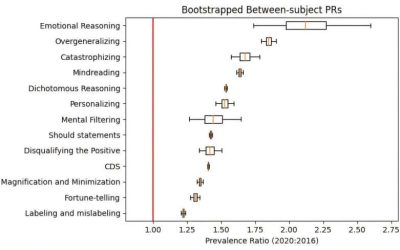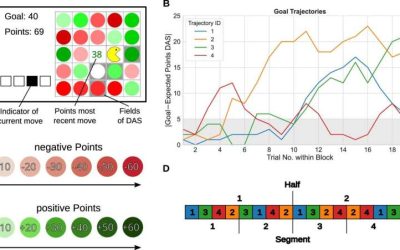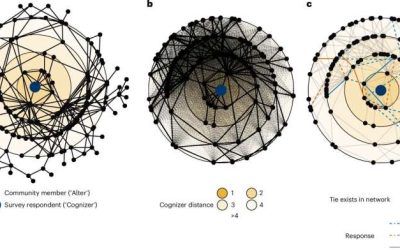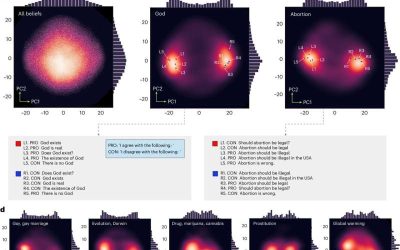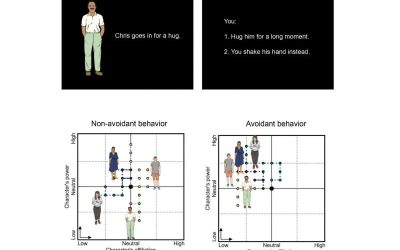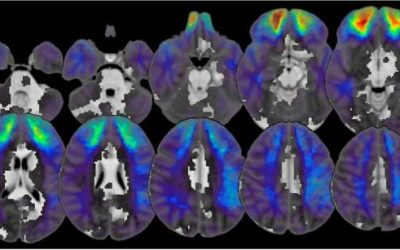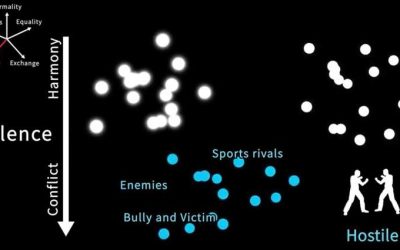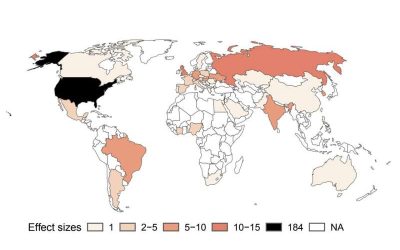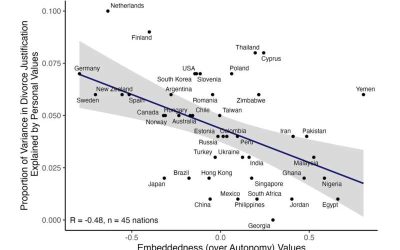Understanding the effects of social class on people's attitudes, thoughts, feelings and behaviors could have valuable implications, as it could help to tailor social and behavioral interventions around the unique psychological characteristics of target populations....
SCIENTIA
Rigid and negative thought patterns linked to increasing political polarization online
The ideological divide between opposing political groups has been drastically increasing in various countries worldwide. This phenomenon, known as political polarization, can lead to greater social division, extremism and political violence.
Humans tend to repeat familiar actions when making sequential decisions, even when better options exist
Behavioral scientists have been trying to uncover the patterns that humans follow when making decisions for decades. The insights gathered as part of their studies can help shape public policies and interventions aimed at prompting people to make better decisions,...
Biases shape how people mentally represent social ties in their community, study suggests
Throughout the course of their lives, humans are known to build social ties with various other individuals in their community. Past neuroscience and psychology studies suggest that as humans form bonds with others, they also mentally represent them in their minds,...
LLMs delve into online debates to create a detailed map of human beliefs
Large language models (LLMs), such as the model underpinning the functioning of the well-known conversational platform ChatGPT, have proved to be very promising for summarizing and generating written texts. However, they could also be interesting tools for conducting...
Quantifying social avoidance: Game-based choices reflect real-world relationship patterns and network size
The relationships between different people can change over time, as the result of their life choices, internal or external experiences and various other factors. Some people develop a greater tendency to avoid others in their lives, including friends, colleagues,...
Study uncovers a brain circuit linked to the intensity of political behavior
People diagnosed with various mental health disorders can sometimes start engaging in intense political behavior, such as violent protests, civil disobedience and the aggressive expression of political views. So far, however, the link between political behavior and...
How humans across cultures and historical periods conceptualize relationships
Throughout the course of their lives, humans are known to establish and navigate an intricate web of social relationships, ranging from friendships to family bonds, romances, acquaintances, professional relationships and, today, online interactions. Over the past...
Meta-analysis uncovers public’s skill in detecting fake news, but skepticism towards true news persists
While the internet has made accessing information and updates on what is happening in the world extremely easy, it has also facilitated the proliferation of fake news. Over the past decades, fake news has thus become a heated topic of debate, with some social media...
Divorce can be predicted by interactions between cultural and personal values, study finds
Divorce, the legal dissolution of marriage, can be driven by a variety of factors, ranging from changes in the economic status or health conditions of spouses to contrasting values. The end of a marriage can often be challenging to process. Thus, it can have adverse...


